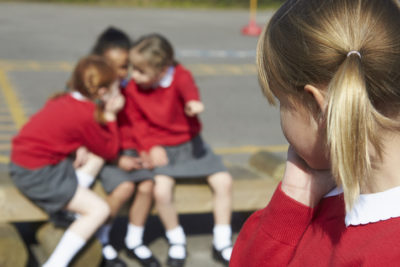Ahead of today’s Queen’s Speech in which the government will lay out its legislative agenda for the coming year, the Education Policy Institute (EPI) think tank has taken aim at the proposed Schools Bill.
The think tank argues that it will fail to tackle the widening of pupil inequality accelerated by the Covid pandemic, and may even worsen it.
The forthcoming Schools Bill, trailed in yesterday evening’s papers, claims to “level up education so no child is left behind”, reports POLITICO. It will propose expanding Ofsted powers over “unregistered schools”, announce new academy regulations, a new Measures include new regulations of academy trusts, a new funding formula across schools, along with a crackdown on attendance.
An unregistered school is defined by Ofsted as “an educational establishment that meets the legal definition of an independent (private) school, but is not registered with the Department for Education”.
The bill will also propose making registers compulsory so local authorities are aware of all children not in full-time education.
Education Secretary Nadhim Zahawi has previously argued that the plans will mean “every child has access to an education they deserve”.
Labour have accused the government of “failing” students, with shadow education secretary Bridget Phillipson accusing the Conservatives of “obsessing over structures instead of improving children’s experience in the classroom”.
Responding to the upcoming announcement, Natalie Perera, EPI’s chief executive, said: “The Schools Bill announced today builds on the bold aims outlined in March’s White Paper, but there remains a lack of rigorous and evidence-based policies that are needed in order to improve outcomes and reduce inequalities.
“Since the pandemic started, children have fallen behind in their learning, and the data published so far shows that there has been little catch up for secondary pupils and much bigger losses for the disadvantaged and those in the so-called levelling up areas of the North and Midlands. It is also clear from our research that academisation is no ‘silver bullet’ for improving school performance and the government needs to prioritise evidence-based interventions, including high quality early years provision.
“While we particularly welcome a register of children missing from education, more needs to be done to understand the reasons why they are not in school, including addressing inclusion, mental health and SEND challenges.
“Crucially, the additional funding for 2022-23 still only takes us back to 2010 levels of school funding. After over a decade of real term cuts, school budgets are still likely to be squeezed by rising inflation, energy prices and increases to teacher pay. In recent years, schools with more affluent pupils have seen larger increases to their budgets compared to schools with more disadvantaged pupils. Alongside real-term cuts to the value of the Pupil Premium, there is a real risk that government policy will widen the already growing gap between disadvantaged pupils and their peers.”












